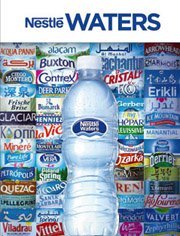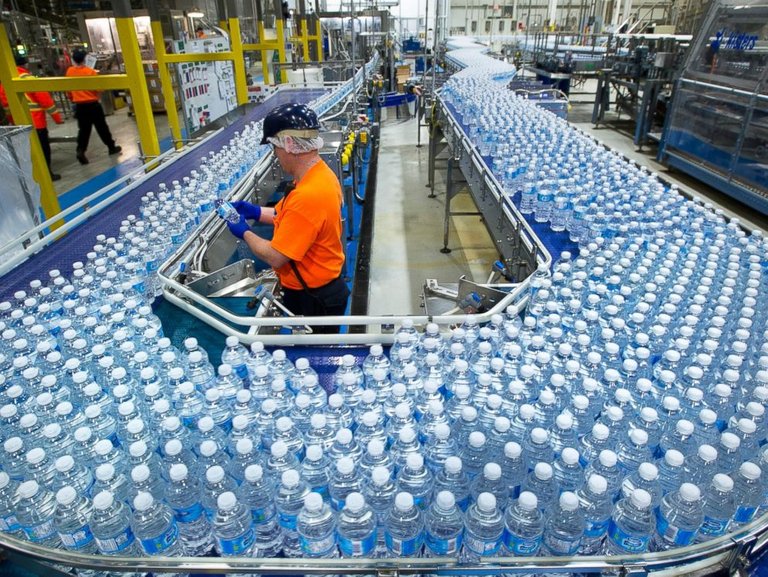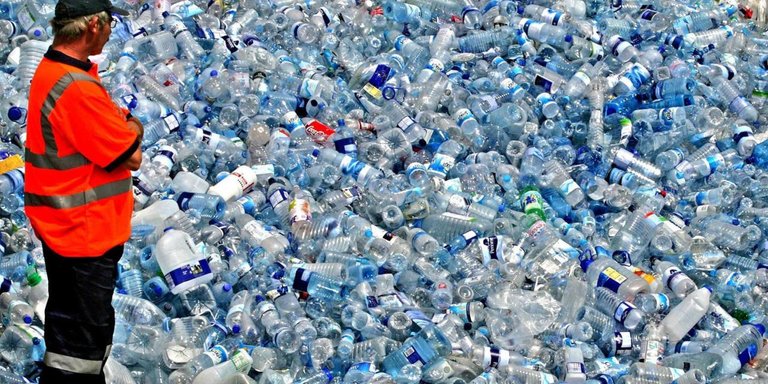That's right- 30 million gallons of groundwater extracted into sellable bottled water for around the price of 2 Ethereum! But wait, it gets better. In Michigan, Nestlé Water d.b.a. Ice Mountain, reported revenues of $343 million from it's bottling sales, and yet paid only $200 to the municipal water utility.

In the age of widespread droughts, groundwater contamination from toxins, pesticides, and industrial runoff, quality drinking water is becoming an ever-scarce commodity. Currently, 77 million Americans or ~25% of the population, are served by water systems that violate testing standards or rules about contamination in drinking water, according to the Natural Resources Defense Council. Also, the UN expects that 1.8 billion people will live in places with dire water shortages by 2025, and two-thirds of the world’s population could be living under stressed water conditions. To date, failing infrastructure in some underdeveloped countries has led to a near total reliance on bottled water.

Don't worry though, Nestlé is ready to come to the rescue. 23 years ago, former chief executive officer, Helmut Maucher, said in a 1994 interview with the New York Times: “Springs are like petroleum. You can always build a chocolate factory. But springs you have or you don’t have.” Springs are what they have; 100 bottled water factories in 34 countries around the world raking in $7.7 billion in bottled water sales per year. Nevertheless, every gallon taken out of the ground is one less to benefit the local ecosystem.
To complicate matters further, Nestlé views water not as a commodity or human right, but rather a sellable product with market value- that they pay thousandths of a cent per gallon for. In their defense, that isn't the final cost of goods for their bottled products after taking into account the variable expenses (materials, utilities, shipping, labor, etc.), and fixed expenses (facilities, equipment, etc.). Still, those unfairly low rates that they are paying to extract the water itself is many times cheaper than the plastic itself that the water is served in.

At the end of the day, should water be viewed as something that anyone can take out of the ground, like oil, package it up with a value-added benefit, and sell it for a premium? Or will responsibility towards the conservation of our natural resources take hold, to the point where the rights to extract hundreds of millions of gallons of water won't cost but mere thousands, while obtaining billions in sales?
What do you think, does Nestlé pay the right price?